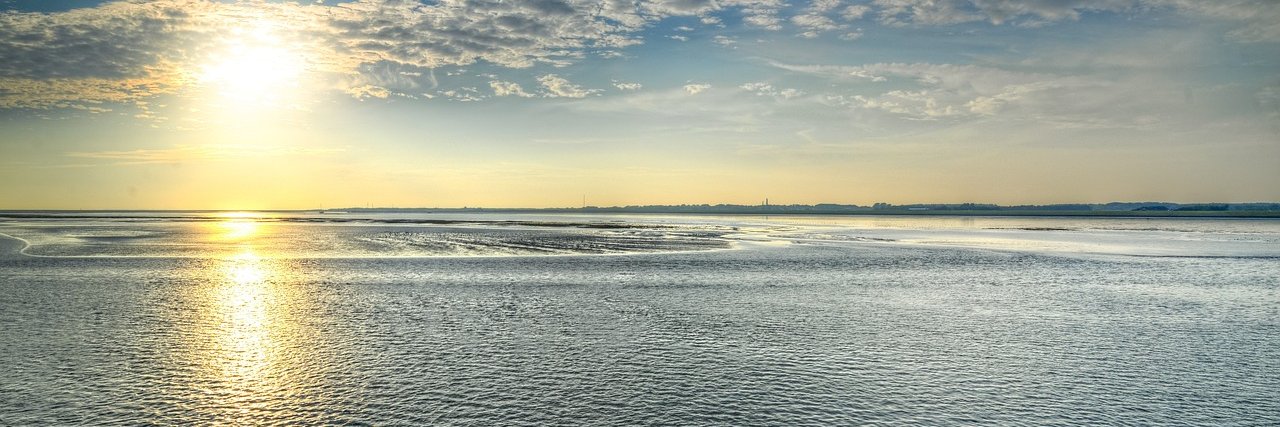
iMARES
@iMARES_group
The iMARES (Integrated Marine Ecosystem Assessments) is a marine research group from the @ICMCSIC founded in 2022. 🦋@imares-group.bsky.social
The second chapter of my Ph.D. is out! 🐟 We evaluated how oceanographic conditions and fisheries influence the diet of #swordfish, a key species in the Mediterranean and Atlantic foodwebs 🤟Many thanks to my coauthors @iMARES_group @ICMCSIC
Which factors shape the diet of large pelagic fish?🐟 We estimate swordfish diet composition and show how prey consumption is related to fishing pressure and environmental conditions. Find out more: buff.ly/II7JupT @elenafcorr @ICMCSIC
🌊 The Spanish Mediterranean is changing fast. Discover The Blue Acceleration of the Spanish Mediterranean: 🌐 Interactive platform to explore the past and the recent present of the sea. ➡️lc.cx/hOUPvo @ICMCSIC
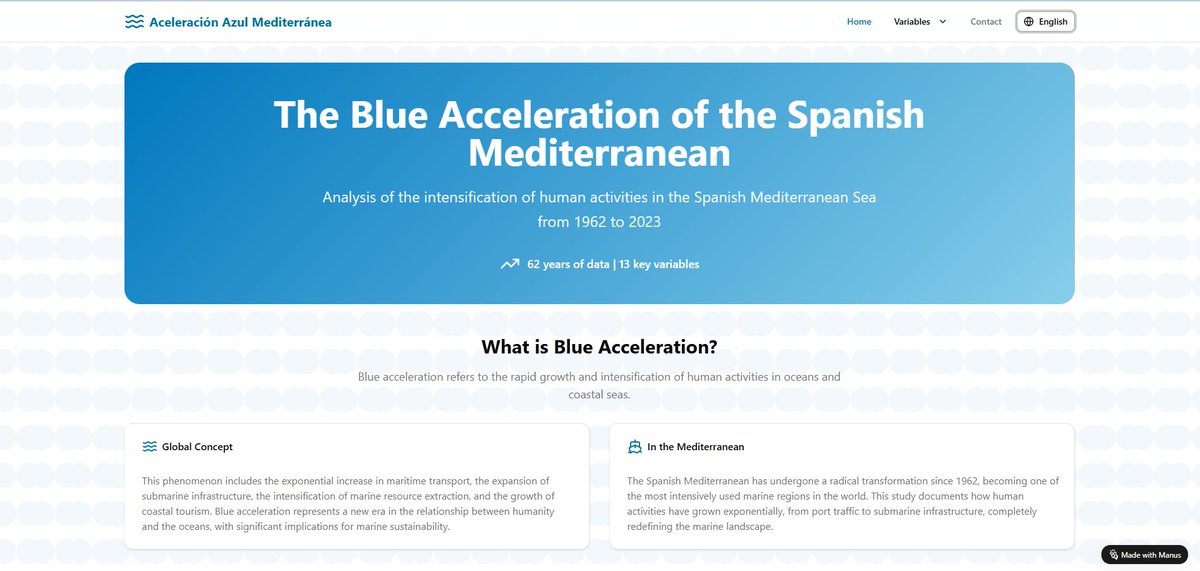
🎧 Our technician Clàudia Aparicio joins Interdepenciencia podcast to talk about her key role at @iMARES_group and the vital work of technical staff in marine research. Don’t miss it! 👉 open.spotify.com/episode/3YEXM6… @ICMCSIC @claudiaapa6
📢A few weeks ago,@AndreaKaplanR presented her poster at the 58th European Marine Biology Symposium. #EMBS 🔥When the Sea Heats Up: Uneven Ecosystem Responses to Marine Heatwaves in the Western Mediterranean Sea A great opportunity to share science on marine heatwaves! @ICMCSIC

🌍 How do climate change and fishing shape the feeding habits of swordfish? A new study reveals how environmental and human factors influence the diet of swordfish in the Mediterranean and nearby Atlantic 🐠Read more 👉 doi.org/10.1111/1365-2… @ICMCSIC @ElenaFCorr
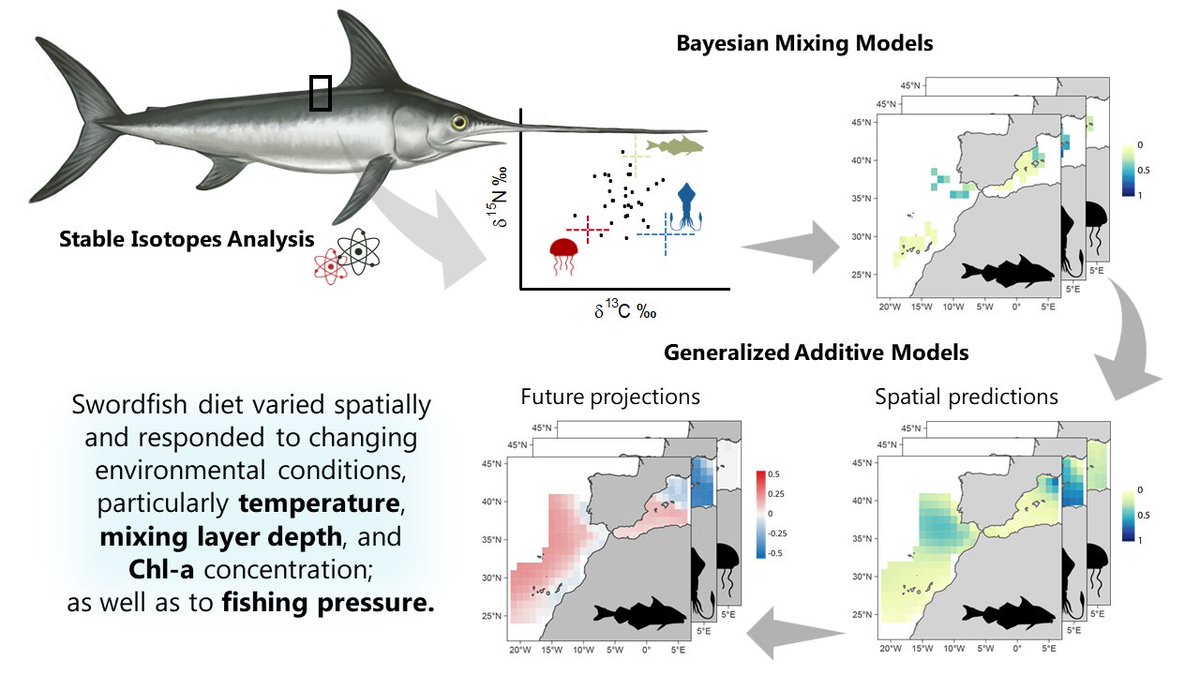
🔴I #ICMNEWS I🔴 🐟 New study in @AnimalEcology reveals that climate change & fishing pressure shape the diet of the swordfish, with implications for its conservation 🗞️Led by @iMARES_group & @IEOoceanografia, provides key insights for its management 🔗icm.csic.es/en/news/climat…
📍 This week in Bodø 🇳🇴 at the International Conference MPA in MSP 🎙️@MariaBas16 presented a new W. Mediterranean EBSAs proposal based on key quantitative data. 📊 @cesc_gv shared results on 10% no-take MPA networks in the French EEZ. 🌊 Science for marine protection! @ICMCSIC
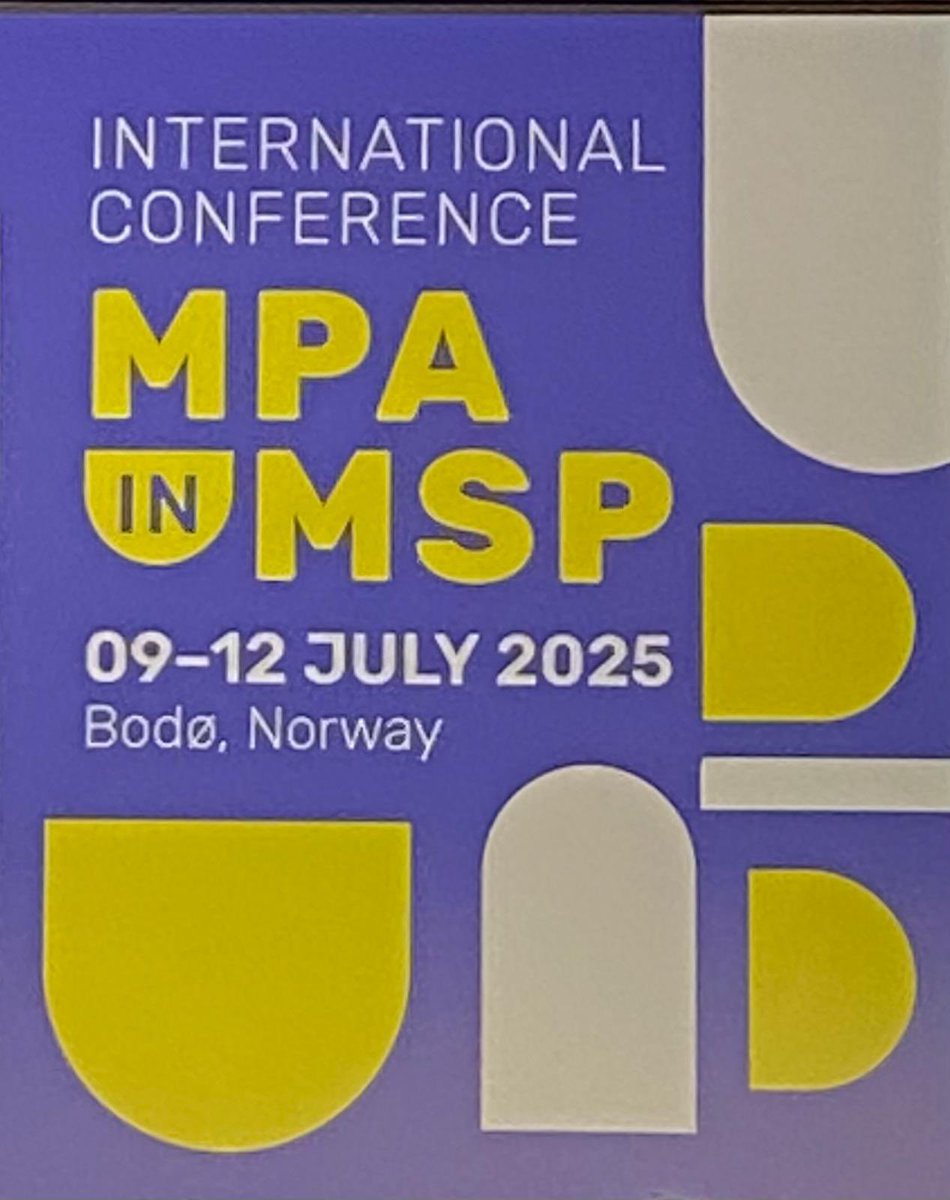


Yesterday we joined the EFFECTIVE project workshop in L’Estartit 🌊 — a great opportunity to explore nature-based solutions, digital tools & citizen science to protect and restore Mediterranean marine ecosystems. @ICMCSIC @Effective2327
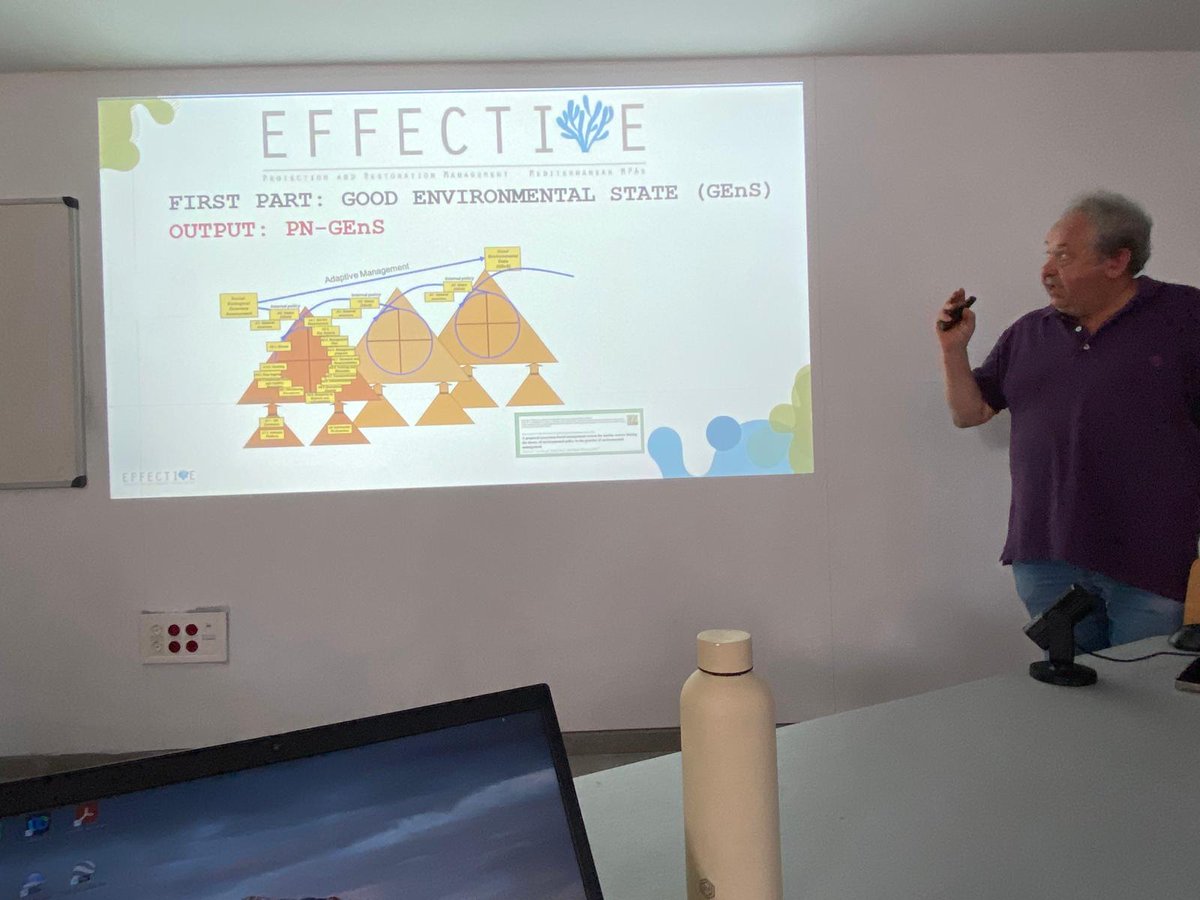
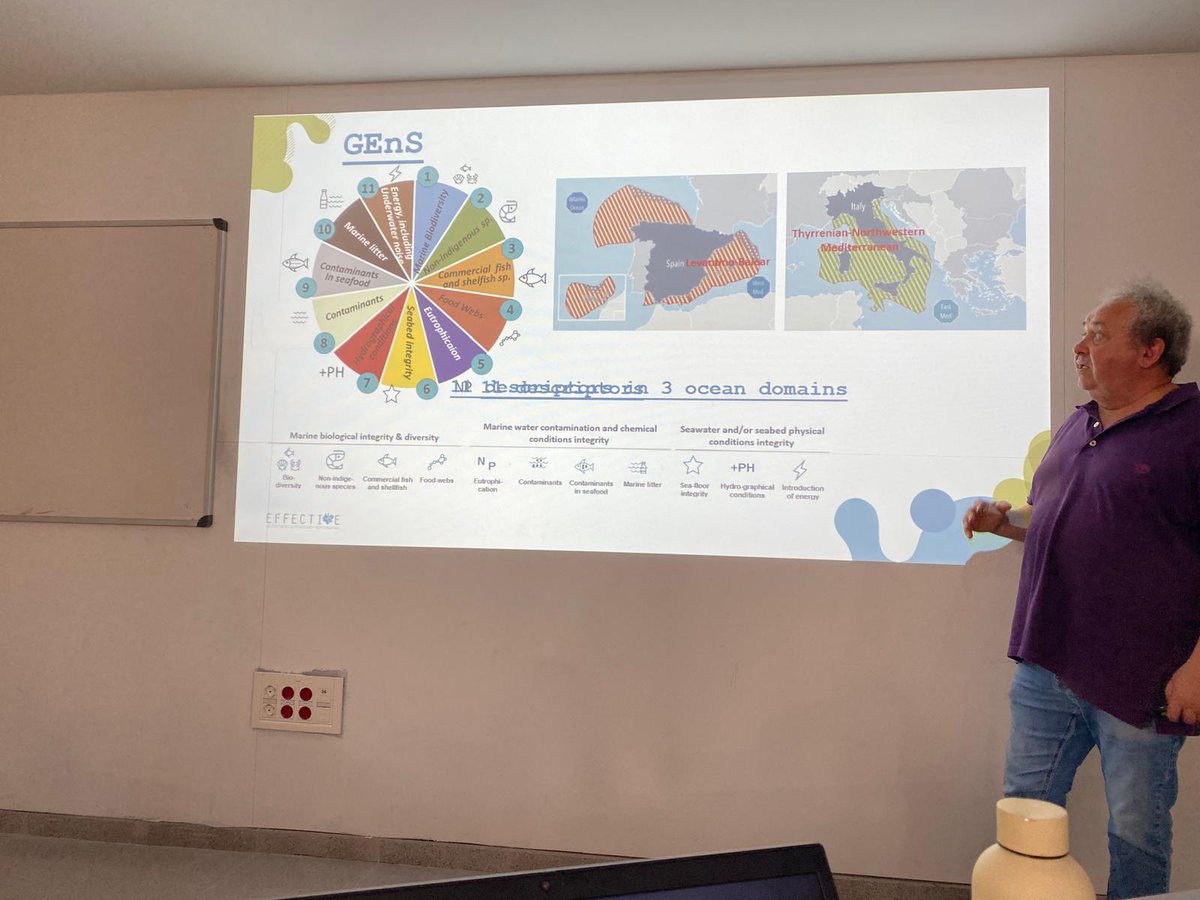
🌊 Today is Ocean Science Day, and at #GES4SEAS project we want to celebrate it with our nice video on ocean cube, explaining how science can help to address ocean problems
Last week we sampled in Cap de Creus to test #eDNA on fish and invertebrate communities 🧬🐟. This technique detects species from their genetic traces in the water—no need to capture them. The work is part of the EU projects #GES4SEAS and #PETRIFY 🌍 @ICMCSIC
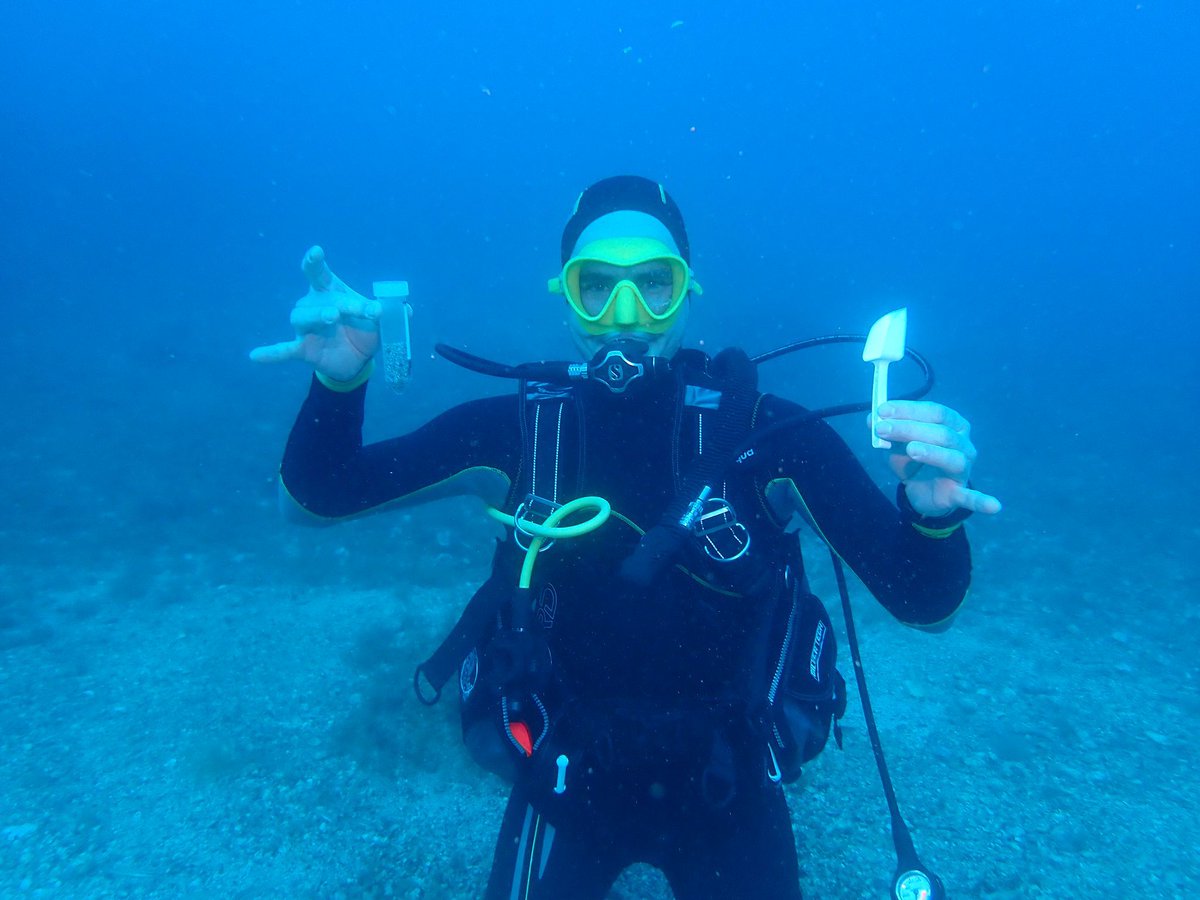
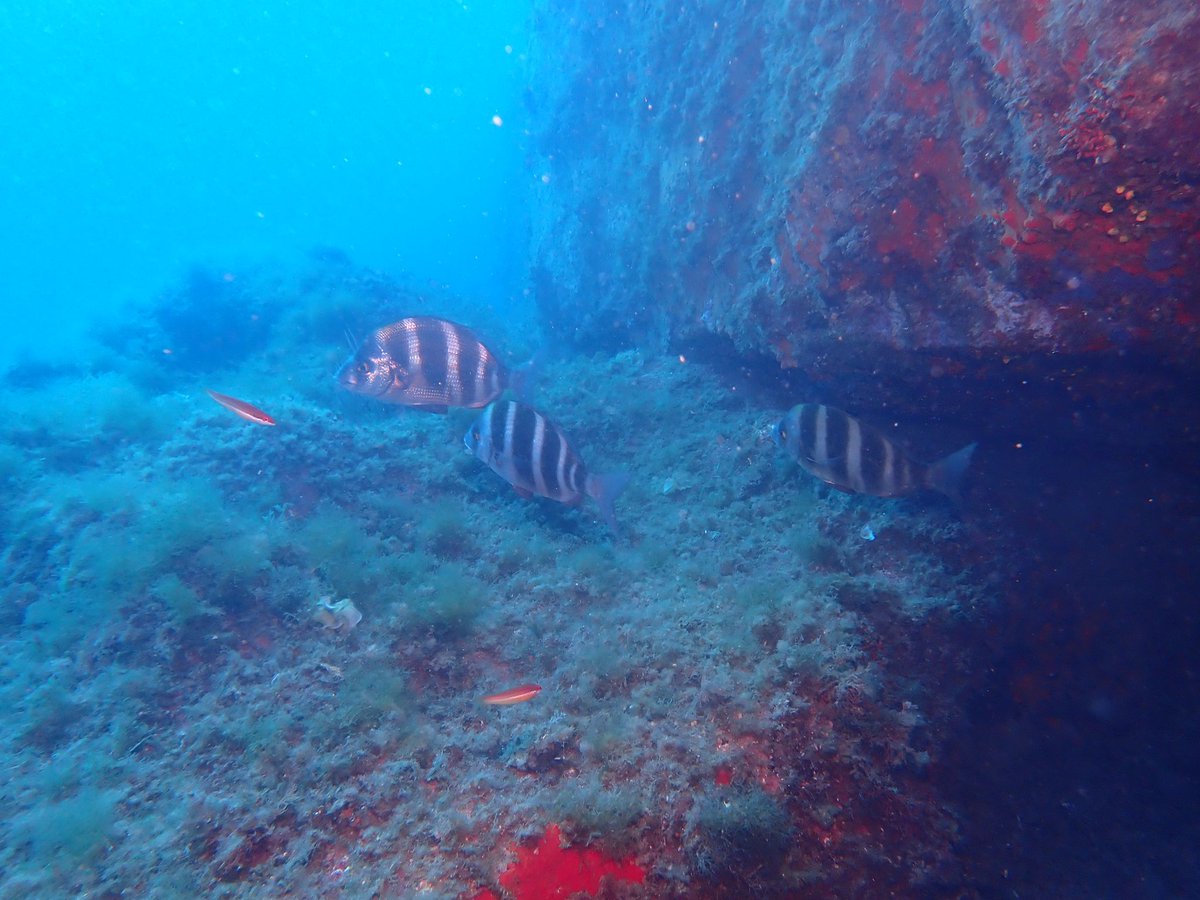
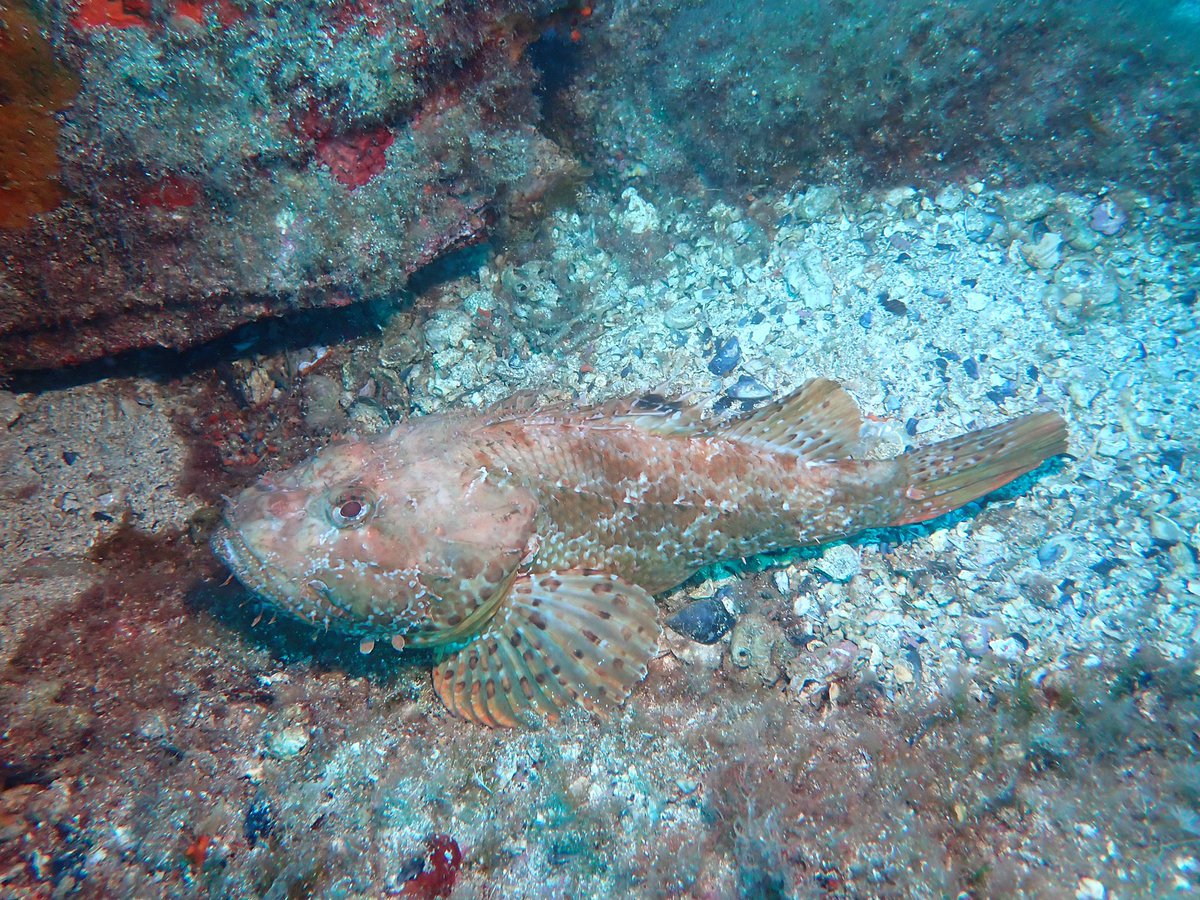
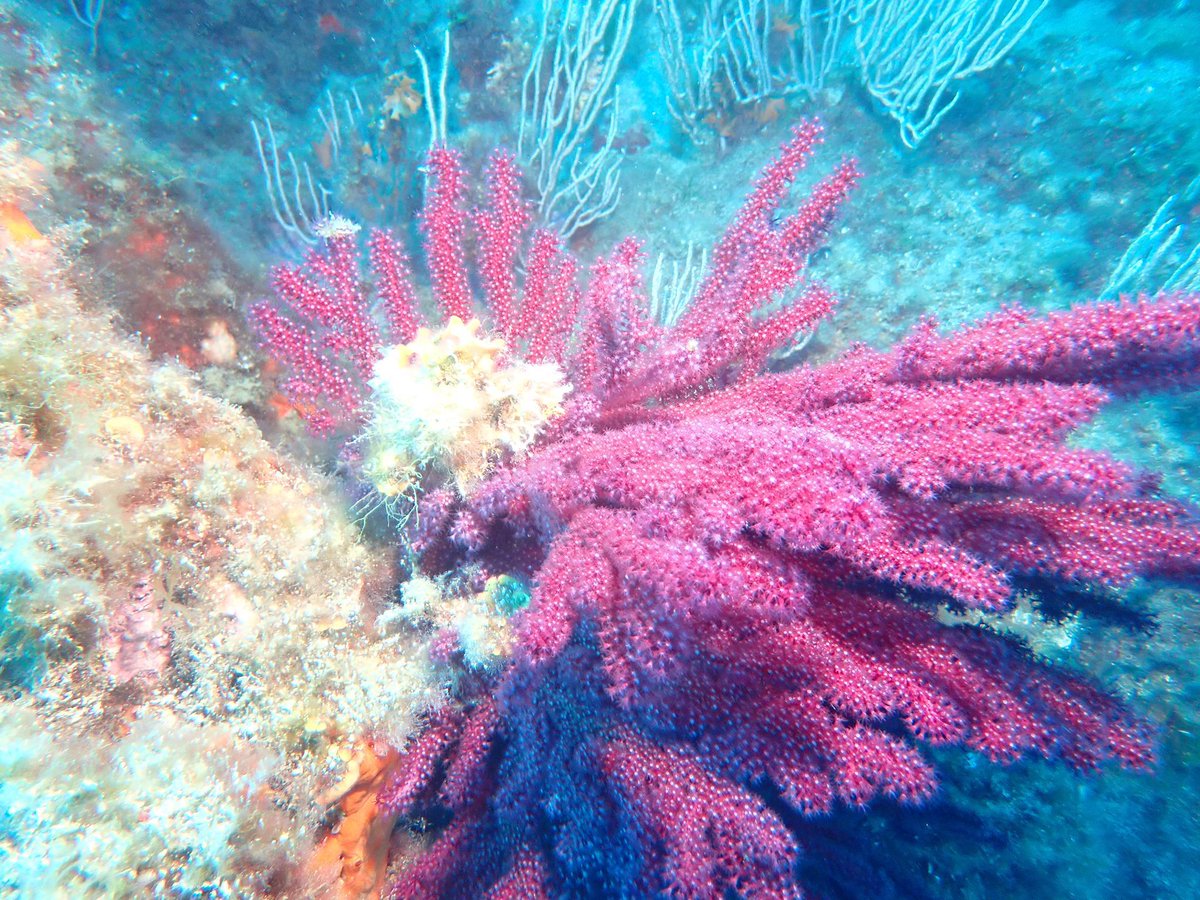
🌊 This week we're at #MAREConference2025! Miquel Ortega presented how we use Q-Method, Doughnut Economy, EwE modelling, SCAIRM and value chain analysis to move towards fairer and more sustainable marine management. @ICMCSIC
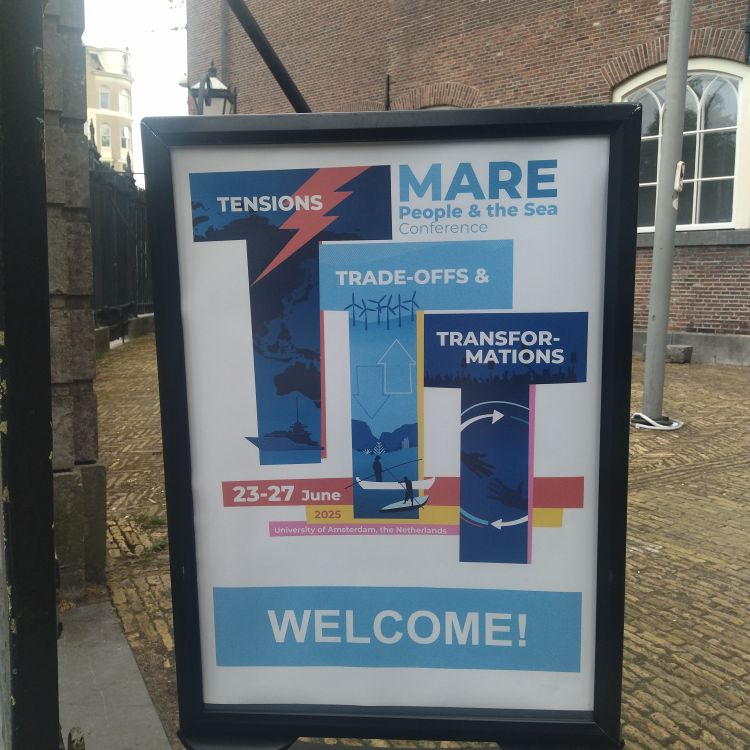

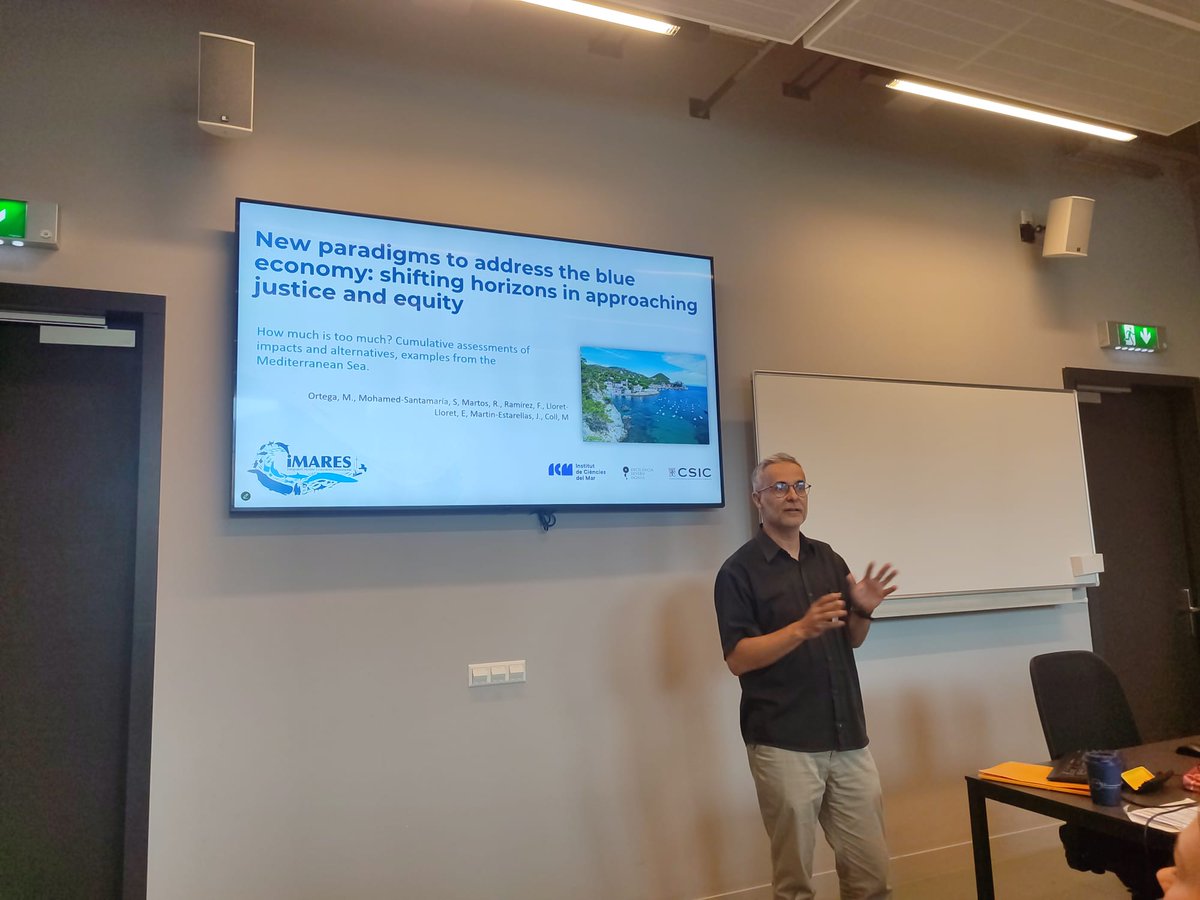
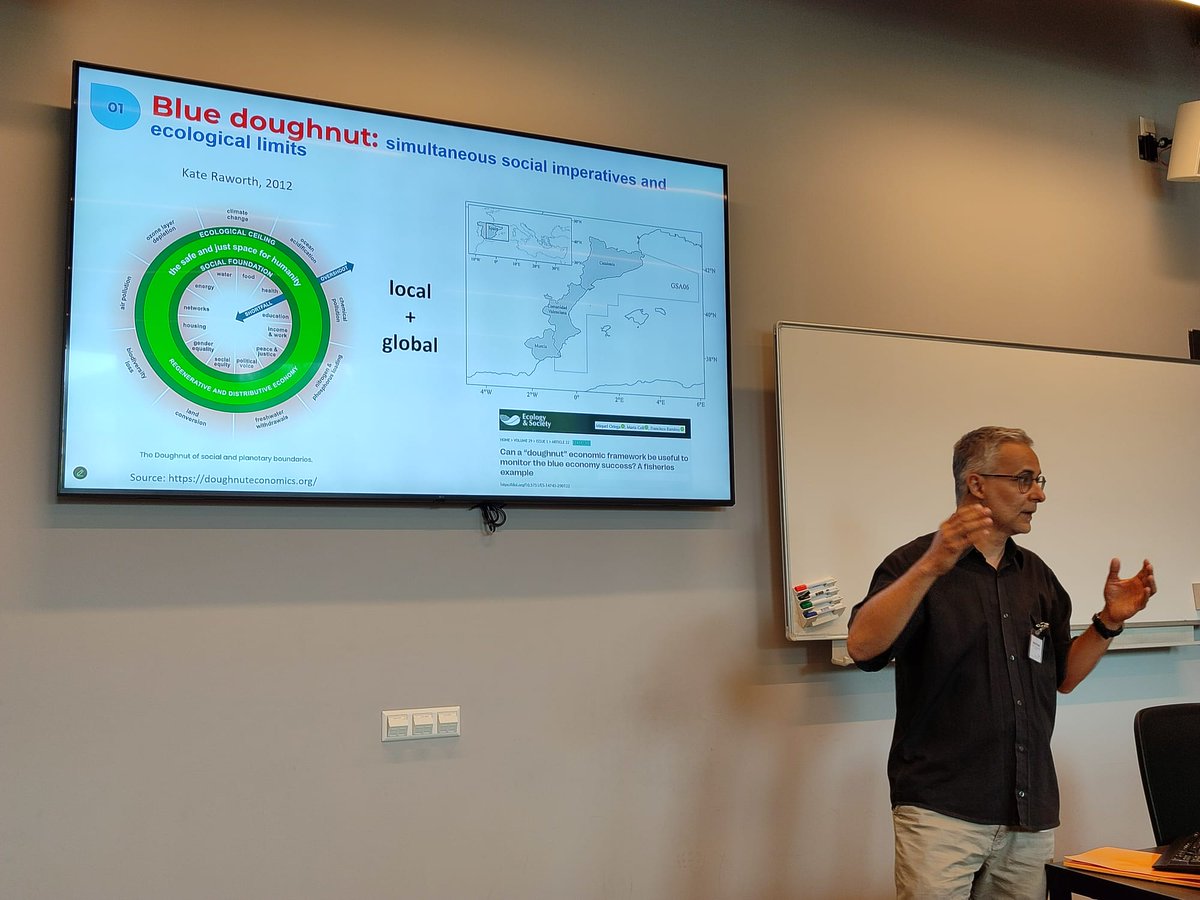
The point is that when we increase pressures on ecosystems, we cause changes to the interactions between all species and pressures which can severely shift the ecosystem. It becomes very difficult to know how/when the ecosystem shifted. It is even more difficult to shift it back.
Things can get EVEN MORE complicated! That’s when we have MANY PRESSURES acting together to change MANY SPECIES simultaneously🫣 We then use more complex statistical analyses😅
But things can get complicated! When we have many species changing along the timeline or the pressure. Then we use more complex community-based statistics to identify when the community shifted.